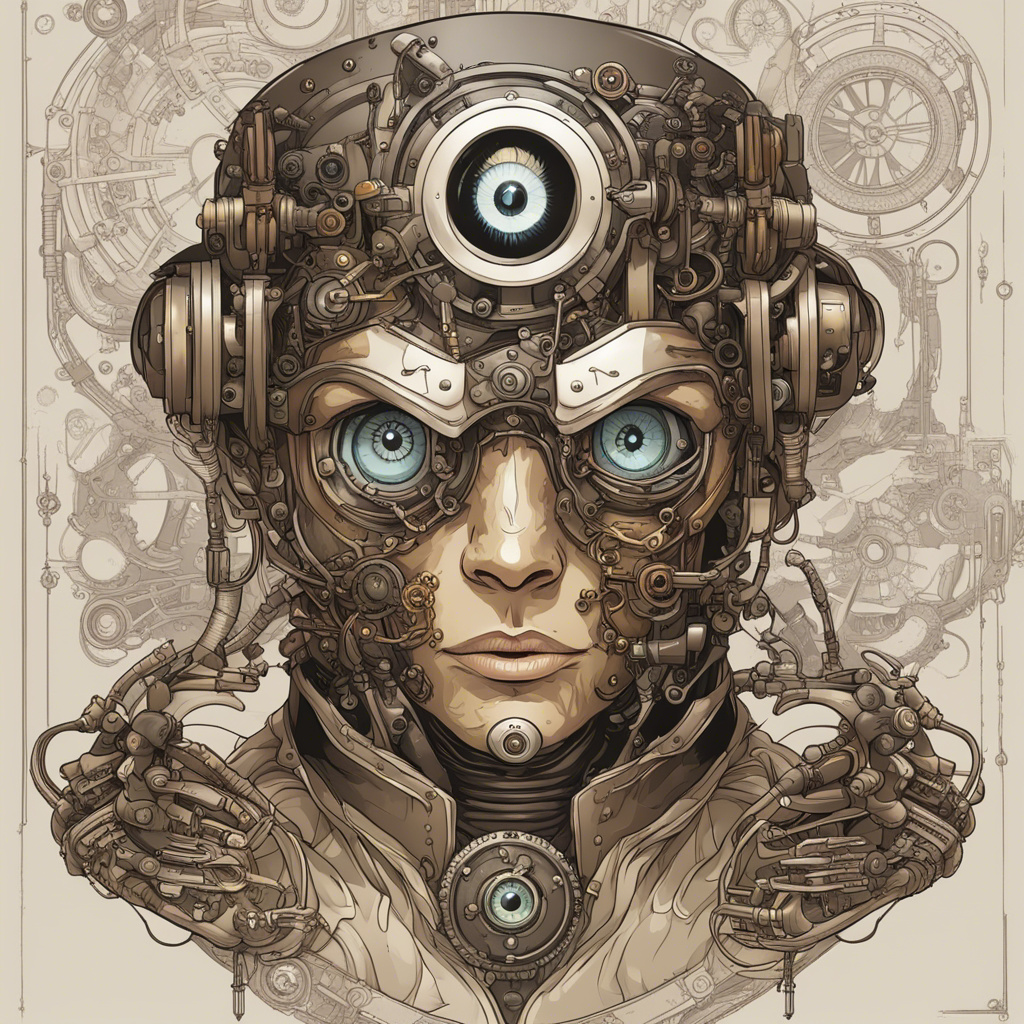The Zero Sum Soul: A Thought Experiment

The Augmentation Gambit
So here's a game I like to play on occasion.
Let's pretend we have advanced our understanding of prosthetics technology, robotics and neuroscience well beyond our current knowledge and communal experience.
Now imagine a person who, sadly, needs a hip replacement. They get a titanium hip. We'd not stop calling them a person right?
Now imagine that this same individual gets their leg replaced with a prosthetic limb. Neuroscience has advanced enough to enable parietal lobe connections to circuits so advanced that the individual can stand on that one leg, walk, wiggle their toes -- do all the things they did before. And some even better. We'd still say they have the same consciousness, right?
Now, what if, a few years later this individual has their eyes replaced? Again, with the advancements in neuroscience they can see -- via inserts to the occipital region of the brain.
And then, sadly, they suffer a stroke impacting Broca's region of the brain. But, luckily, neuroscience is so advanced they are able to replace the necrotic tissue with nano-technology prewired to enable speech output. The individual can express themselves linguistically just as well as they could before suffering the brain damage. Are they the same person? Do they have the same consciousness they had before?
Now imagine that, in a tragic accident, a steel rod pierces the same individual's fore brain obliterating the frontal lobe in its entirety. Luckily, brain surgeons are able to replace the affected area with an artificial neural-network that functionally performs in a manner analogous to the biological neurons the individual lost.
I think you see where this is going?
When do we say the individual ceases to be the same person? When do we say they no longer have consciousnesses? If they express themselves with the artificial network as they had before, have the same memories, and feelings, is it fair to say they are the same person after 10% of their brain is replaced? 50%? 99%?
Discussion
I'm sure some readers may have recognized the augmentation concept -- it's a theme made popular in science fiction that's increasingly becoming science fact as advances are made in neuroscience and technology.

Research into memory prosthetics is ongoing even today to develop devices that could restore or enhance memory function in people with brain damage. Neuromodulation techniques are currently available enabling interfacing with brain regions to influence emotional and motivational circuits. And research into computational neuroscience is producing detailed and biologically realistic computational models of brain regions and networks, including those in the limbic system, to better understand their function.
But what I like about the augmentation gambit is that in pursuing the progression to the ultimate end, the scenario delves into the very core of what it means to be a person -- to have consciousness and to retain identity in the face of radical technological transformation. What I find fascinating is that even in this day and age of scientific advancement where we see amazing advances in medicine, space exploration, understanding the bounds of our shared universe -- we still don't have a definitive answer to this question. When our hypothetical cyborg reaches the end of the line are they the same person? Do they have the same consciousness? Is the search for soul a zero-sum game at the end of the day?
Over the years I've played this game over lunch hour, at cocktail parties and so forth and have seen a lot of reactions ranging from dawning comprehension as people start to see where the line of inquiry leads to downright discomfort as people start to see where the line of inquiry leads. Without a doubt, the questions begged by this thought experiment are quite profound and simply becoming more and more relevant at the dawn of the new information age. I'd love to hear your thoughts on it!

